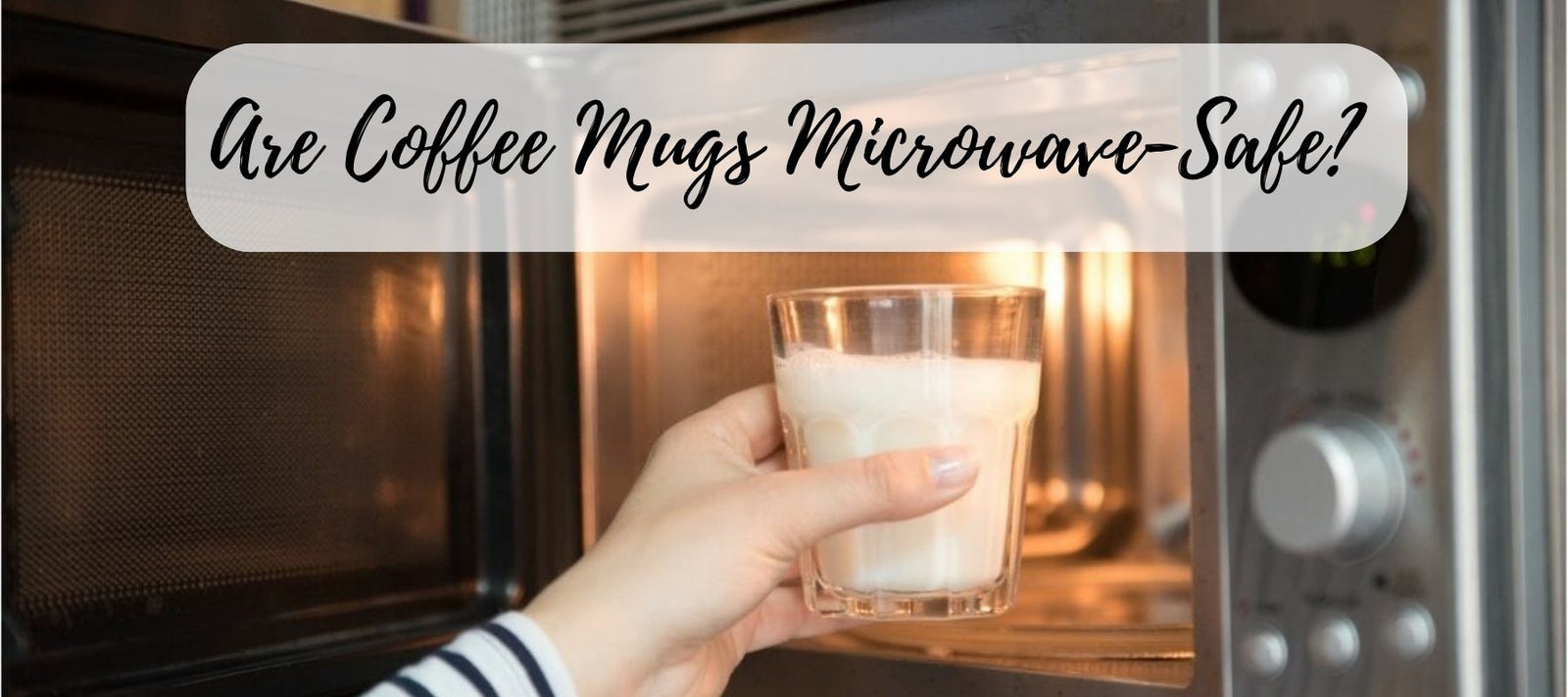
Coffee mugs are commonplace in many households, often utilized for that comforting morning energy boost. But have you ever wondered if your beloved mug is safe to use in the microwave?
In this article, we will answer this. Join us as we uncover the truth about whether coffee mugs are microwave-safe, exploring the potential risks and guidelines to ensure you can enjoy your cup of joe without any worries.
What are the most microwave-safe materials for coffee mugs?
Are Ceramic Mugs Micorwave-Safe?
You can microwave ceramic coffee cups, but only if they specifically say so on the label. The presence of metallic components in some ceramic mugs poses the risk of sparks or even fire when heated in the microwave.

Almost all ceramic mugs are microwave-safe
Are Glass Mugs Micorwave-Safe?
Except for those with metallic detailing, you can microwave most glass coffee cups without any risk. Keep in mind that glass may heat up rapidly, so be careful while taking the cup out of the microwave.
Are Metal Mugs Micorwave-Safe?
You should never put a metal coffee cup in the microwave since doing so might produce sparks or even fire. Before you microwave your coffee cup, make sure it doesn't include any metal parts.
Are Plastic Mugs Micorwave-Safe?
Be careful to only buy plastic coffee cups made of materials that are safe to use in a microwave. Microwaving Tritan and other BPA-free plastics are usually safe. However, metallic-component plastics may catch fire or release chemicals into your drink, so it's best to avoid these.
👍 Watch more: Coffee Enthusiasts' Query: What Are the Best Mug Materials?
How To Determine A Microwave Safe Mug?
Whether it says so on the label or the packaging, that's the best approach to tell whether a mug is microwave-safe. Even while ceramic is often considered microwave-safe, there are a lot of different materials that might make a mug unsuited for the oven. Compatibility with microwaves might vary depending on the mug's material, glaze color/application, and other factors.
Filling a cup with water and heating it for a minute or two is a typical method for checking its safety. Avoid using the microwave if the handle becomes too hot to the touch or becomes unmanageable while held in one hand. Even microwave-safe mugs may still overheat to a point where they cause burns, thus this test applies to all types of mugs.
It is typically safe to use glass mugs in the microwave, provided that the glass is thick enough. Keep in mind that really hot temperatures might cause certain glasses to shatter. To avoid this problem, do the one-minute test mentioned earlier; if the glass stays cold while the water inside is heated, then it's microwave-safe.
Metal may spark and cause fires, so it's best to avoid heating anything with metal in the microwave.
Many plastics are safe to use in the microwave, but others may leak toxic chemicals into your food or drink and some may even melt if they're too thin. Do not microwave plastic items unless the manufacturer specifically says they are microwave-safe.
However, the microwave-safe label just ensures that the cup won't break or ignite when heated in a microwave. It doesn't indicate that any potentially dangerous elements from the cup won't make it into the meal.

You can determine a microwave-safe mug by doing a simple test
What Makes Some Mugs Hot In The Microwave And Others Not?
Mugs with darker glazes tend to have a higher concentration of manganese, a metal that increases the mug's heat retention. This issue will not be an issue with glazes that are lighter in color. Nevertheless, this does not imply that every white ceramic coffee cup may be safely heated in the microwave.
Another reason is the ceramic item's quality. Bisque ceramics, which are mass-produced and have a lower price point, tend to be thicker and more heat-absorbing. Porcelain and other high-end ceramics don't often have this issue. You can heat them in the microwave as long as they don't have any metallic decorations.
Another factor that affects the mug's heating capabilities is the glaze's application. The glaze should be placed uniformly and with care to prevent moisture from entering the mug.
If not, this may lead to excessive heating, particularly in the handle. That's why age and regular usage might also cause this. Cracks in the glazing allow more water to seep in, which may cause the material to overheat.

The mug’s material may affect their temperature when microwaving
What If The Glass Or Mug I Use Wasn't Microwave Safe?
What happens if you microwave a mug that isn't meant to be microwaved depends on the material it's constructed of. Properly heating drinks requires very high temperatures, which may melt and distort non-microwave-safe material.
You risk burning yourself on the hot plastic or becoming stuck in the microwave if you attempt to remove it afterward.
Because it lacks the necessary heat resistance, unfired ceramic may also melt when heated in a microwave. The possibility of cracking is another risk. In such instances, you may get tiny ceramic fragments everywhere.
And the most significant issue with microwaving unsuitable mugs is the presence of harmful silica, which may leach into your food.

Are Unifury Mugs Microwave Safe?
Yes, Unifury mugs are microwave-safe. Unifury takes pride in creating high-quality custom coffee mugs that are not only visually appealing but also designed to be functional and practical for everyday use. Their mugs are carefully crafted to withstand the rigors of microwave heating without compromising their appearance or durability.
Unifury ensures that their mugs are made from materials that are microwave safe. The exact composition of the mugs may vary depending on the design and customization chosen, but the common material used is ceramic. Ceramic is a popular choice for coffee mugs as it has excellent heat resistance properties, making it safe for microwaving.
The microwave-safe nature of the Unifury mugs allows you to conveniently heat your beverages without the need to transfer them to a separate microwave-safe container. Whether it's reheating your morning coffee or warming up some hot chocolate, you can do it directly in the Unifury mug without worrying about any adverse effects.

All mugs from Unifury are microwave-safe
What Are Faqs?
Can I Microwave A Mug With A Crack Or Chip?
No, it is not safe to microwave a mug with a crack or chip. When a mug has a crack or chip, it compromises the integrity of the ceramic material, making it more susceptible to further damage when exposed to heat.
Microwaving a mug with a crack or chip can cause the crack to expand or the chip to break off completely. This can result in the mug shattering or breaking apart, posing a risk of injury from hot liquids and ceramic shards.
Additionally, a crack or chip in a mug can create uneven heating patterns. The compromised area may heat up faster than the rest of the mug, leading to localized hotspots. This can increase the likelihood of burns or even cause the mug to explode in the microwave.
👍 Watch more: Sip Smart: Learn How to Fix Chipped Mugs for a Seamless Experience.
How Long Is It Safe To Microwave A Mug For?
The length of time it is safe to microwave a mug can vary depending on several factors, including the volume of liquid, the material of the mug, and the wattage of your microwave. However, as a general guideline, it is typically safe to microwave a mug for up to 2 minutes.
Most microwaveable beverages, such as coffee or tea, typically require 1-2 minutes of heating in a standard microwave. It's important to note that this time frame is a rough estimate and can vary depending on personal preference and the desired temperature of the beverage.
Can I Microwave A Mug That Has Been Repaired?
It is generally not recommended to microwave a mug that has been repaired. While some minor repairs may be deemed safe, it ultimately depends on the nature and quality of the repair.
If a mug has been repaired using a suitable adhesive specifically designed for ceramics, and the repair is seamless and strong, it may be considered safe for microwave use. However, keep in mind that even with a proper repair, there is still a risk of the mug breaking or shattering due to the stress induced by microwave heating.
It's important to consider that the repair may not have the same heat resistance properties as the original mug material. The repaired area could potentially heat up at a different rate than the rest of the mug, which could lead to further damage or unsafe conditions.
Moreover, the adhesive used in the repair process may not be microwave-safe or may release harmful chemicals when exposed to microwave radiation. This can pose health risks if these substances leach into the food or beverage being heated in the repaired mug.
To ensure safety, it's best to err on the side of caution and avoid microwaving a repaired mug altogether. Instead, it's recommended to use the repaired mug for cold beverages or as a decorative item.
Conclusion
In conclusion, the microwave safety of coffee mugs depends on various factors such as the material, design, and heating guidelines provided by the manufacturer.
While some mugs are explicitly labeled as microwave-safe, others may require caution or even be strictly off-limits. It is crucial to consider the potential risks, such as overheating, cracking, or releasing harmful chemicals.
Hopefully, with our guidelines, you can confidently enjoy your favorite mug of coffee without any worries.
You may also like:
👍 Brewing Brilliance: How to Clean a Coffee Mug Like a Pro.
👍 Declutter and Delight: How to Organize Coffee Mugs with Ease.
👍 Coffee Cup Storage Hacks: Learn How to Hang Mugs Under Cabinet Space.



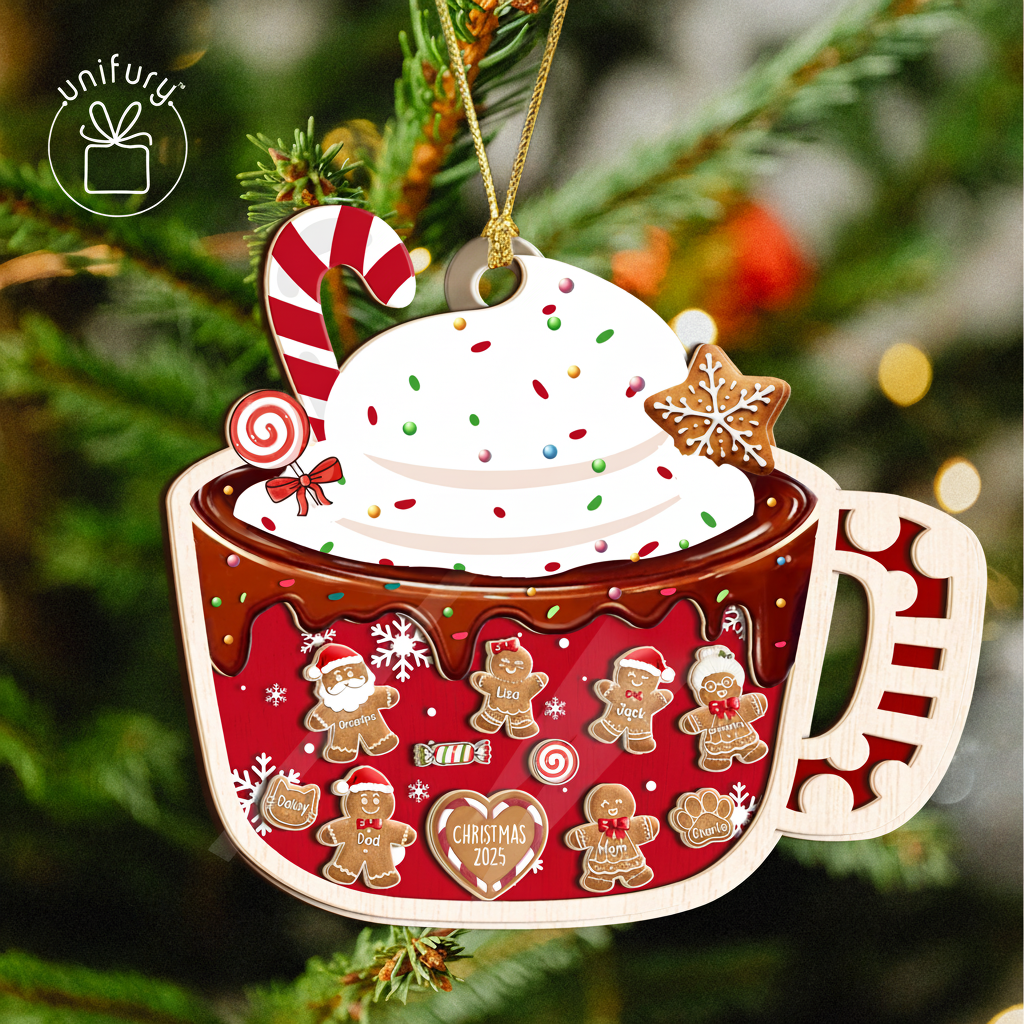

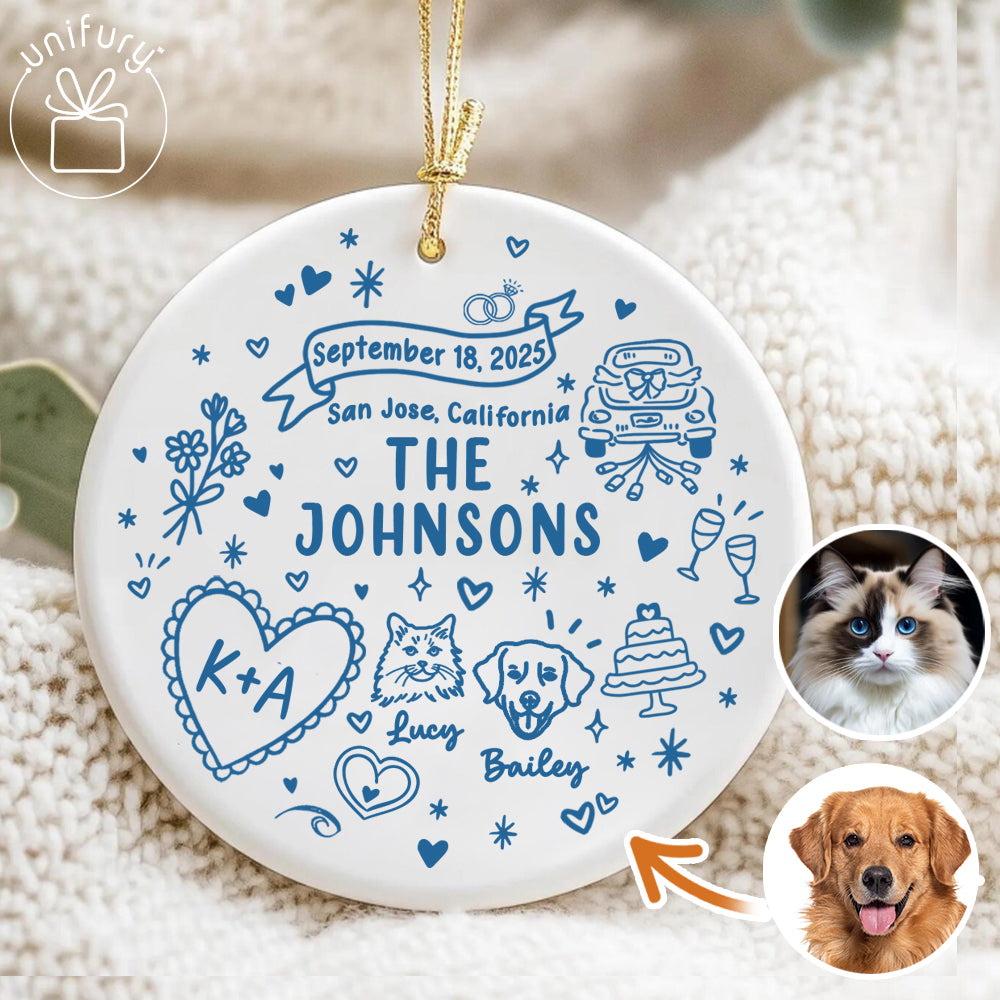

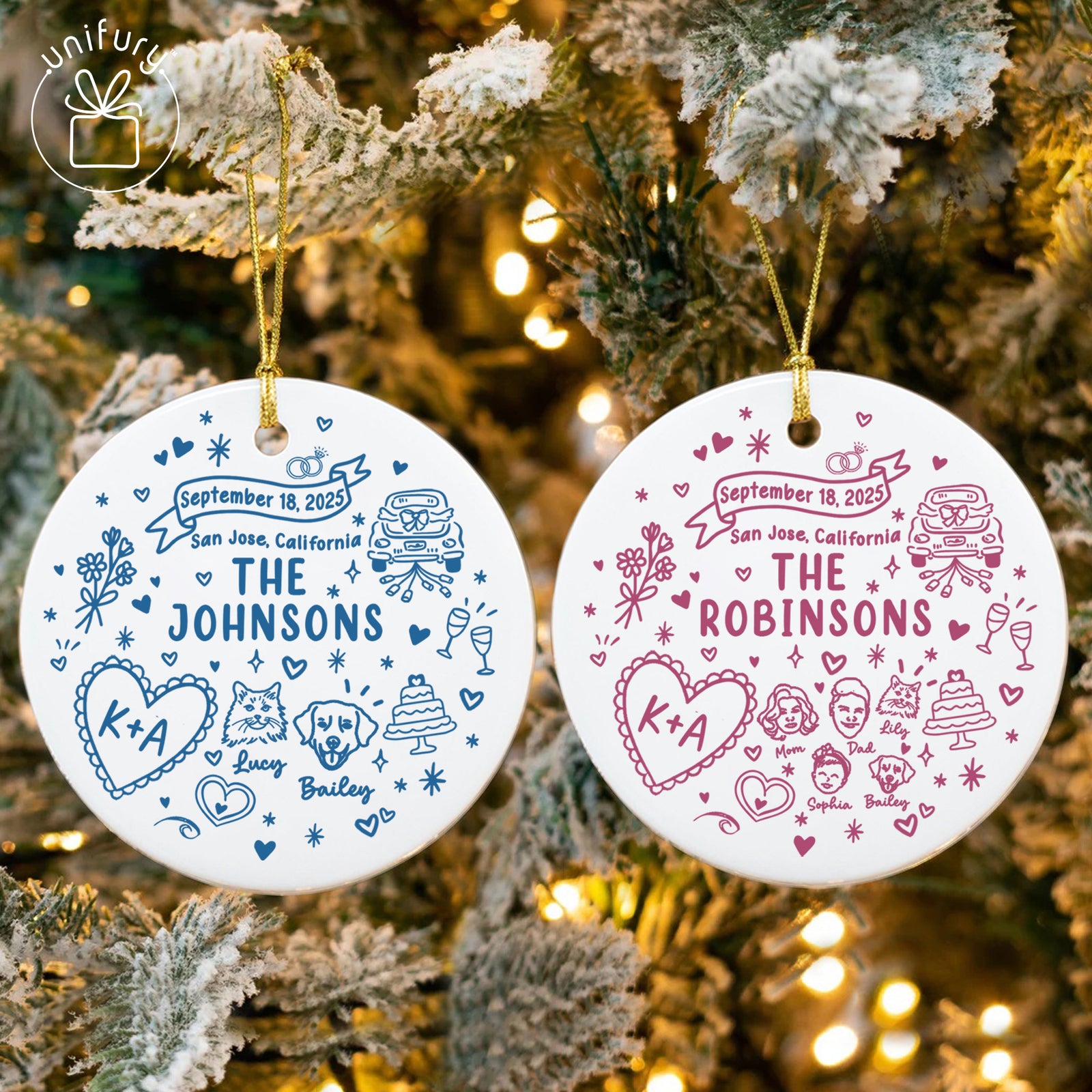

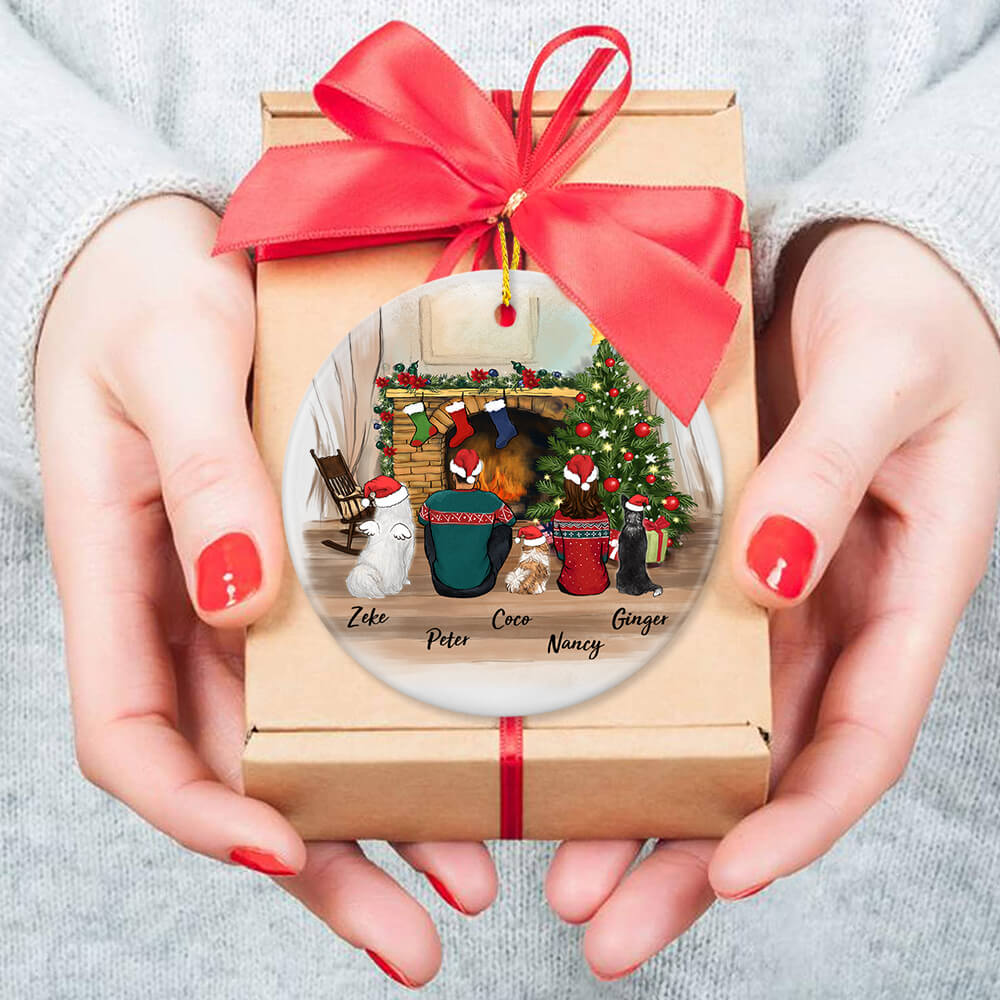








Leave a comment